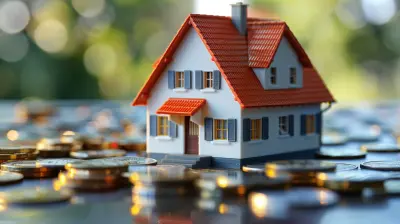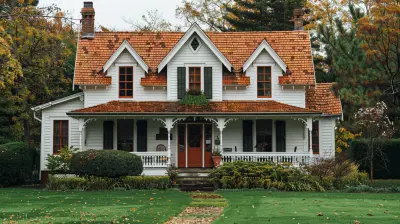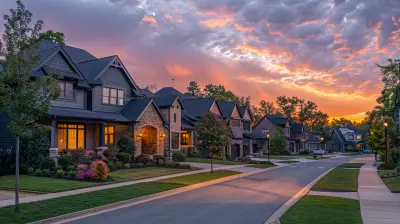Keeping Your Rental Property in Top Condition: Pro Tips for Landlords
8 October 2025
Owning a rental property is a great investment, but let's face it—keeping it in top shape can be a challenge. Whether you're managing one unit or an entire building, regular maintenance is the key to happy tenants, fewer repair costs, and a property that holds its value.
So, how do you ensure your rental stays in great condition without constantly putting out fires? Let’s go over some practical, no-nonsense tips that will save you time, money, and headaches! 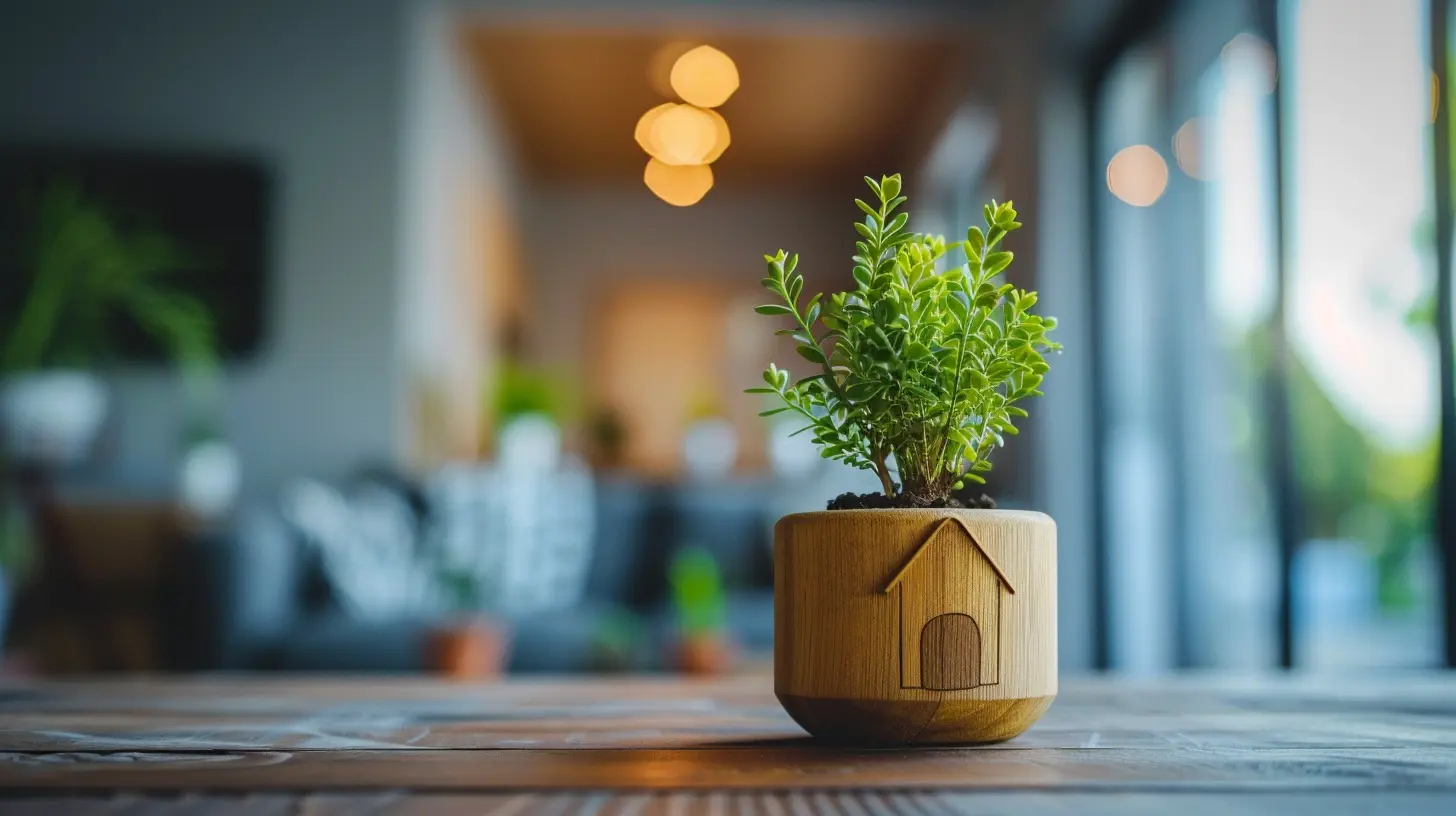
1. Stay on Top of Regular Inspections
The best way to prevent costly repairs? Catch small problems before they become big ones. Regular inspections allow you to identify leaks, cracks, or other issues before they escalate.What Should You Check?
- Plumbing: Look for leaks under sinks, running toilets, or water stains on ceilings.- HVAC Systems: Ensure heating and cooling systems are clean and functioning properly.
- Roof & Gutters: Check for missing shingles or clogged gutters that could cause water damage.
- Pest Control: Look out for signs of rodents, termites, or bugs before they become a major issue.
Setting up a seasonal inspection schedule is a smart move. Spring and fall are great times for a thorough check-up. 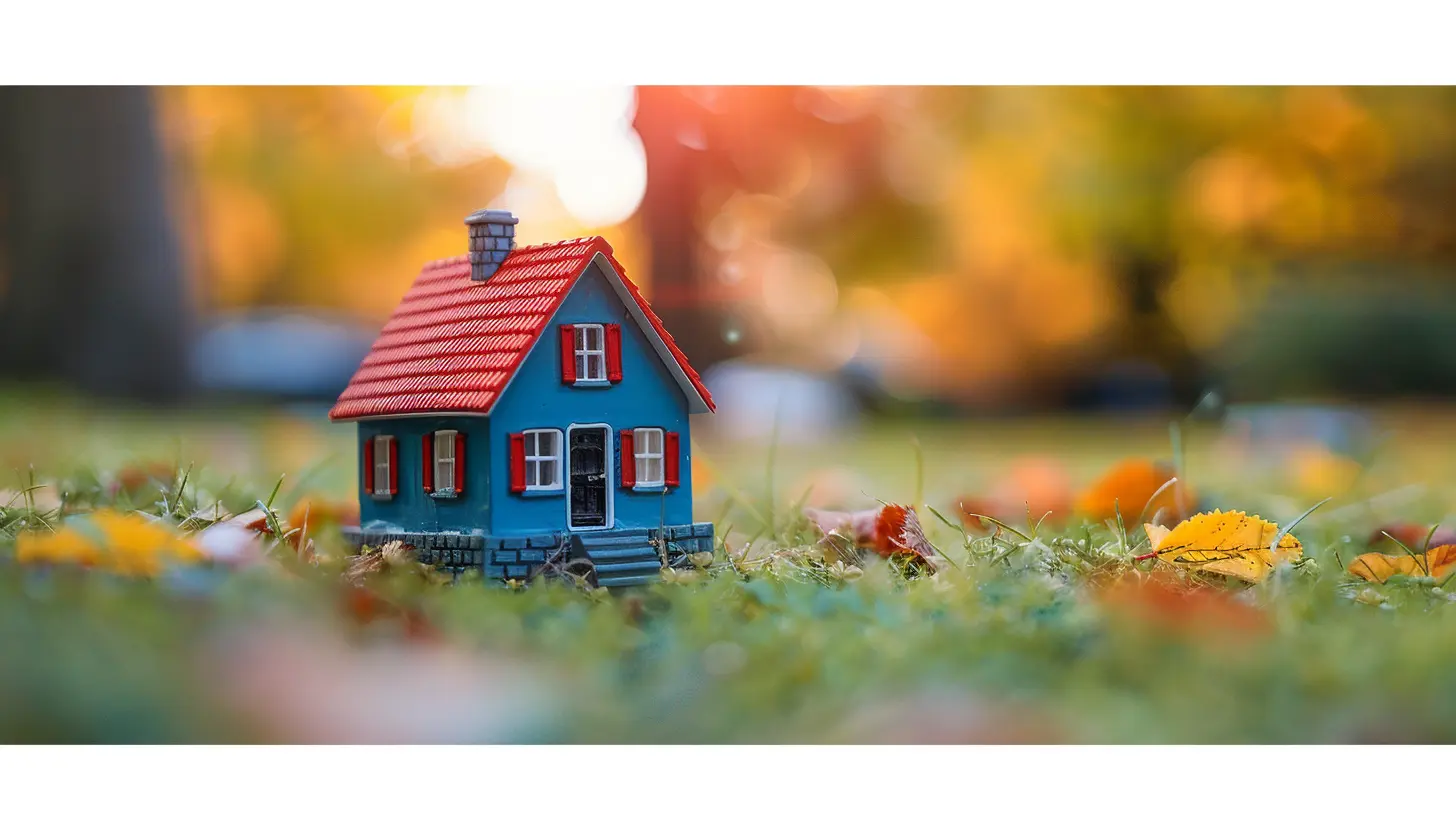
2. Keep Up With Routine Maintenance
Think of routine maintenance like giving your car an oil change—it keeps everything running smoothly and prevents more expensive repairs down the road.Here are a few simple yet effective tasks you shouldn't ignore:
✅ Change HVAC filters regularly (every 1-3 months).
✅ Test smoke and carbon monoxide detectors every six months.
✅ Clean gutters at least twice a year.
✅ Check for water damage after heavy rainstorms.
By staying on top of these small things, you’ll keep your property in good shape and your tenants happy! 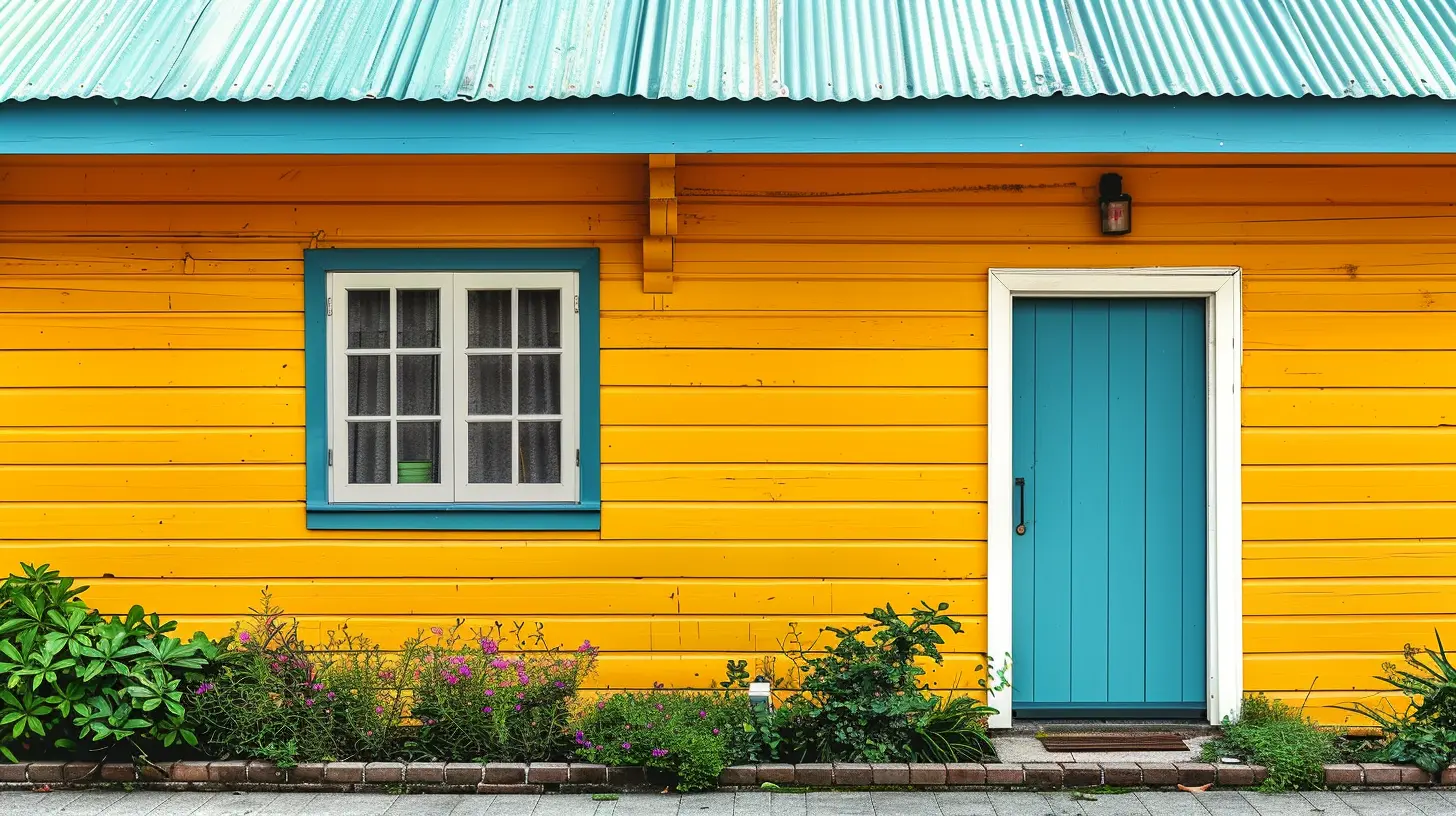
3. Create a Tenant Maintenance Agreement
Your tenants should take some responsibility for keeping the property clean and functional. A tenant maintenance agreement outlines what they’re responsible for, helping to prevent misunderstandings.What Should Tenants Be Responsible For?
- Replacing light bulbs- Keeping drains unclogged
- Reporting maintenance issues ASAP
- Basic lawn care (if applicable)
Encourage tenants to report issues immediately. The longer an issue goes unreported, the worse (and more expensive) it becomes to fix. 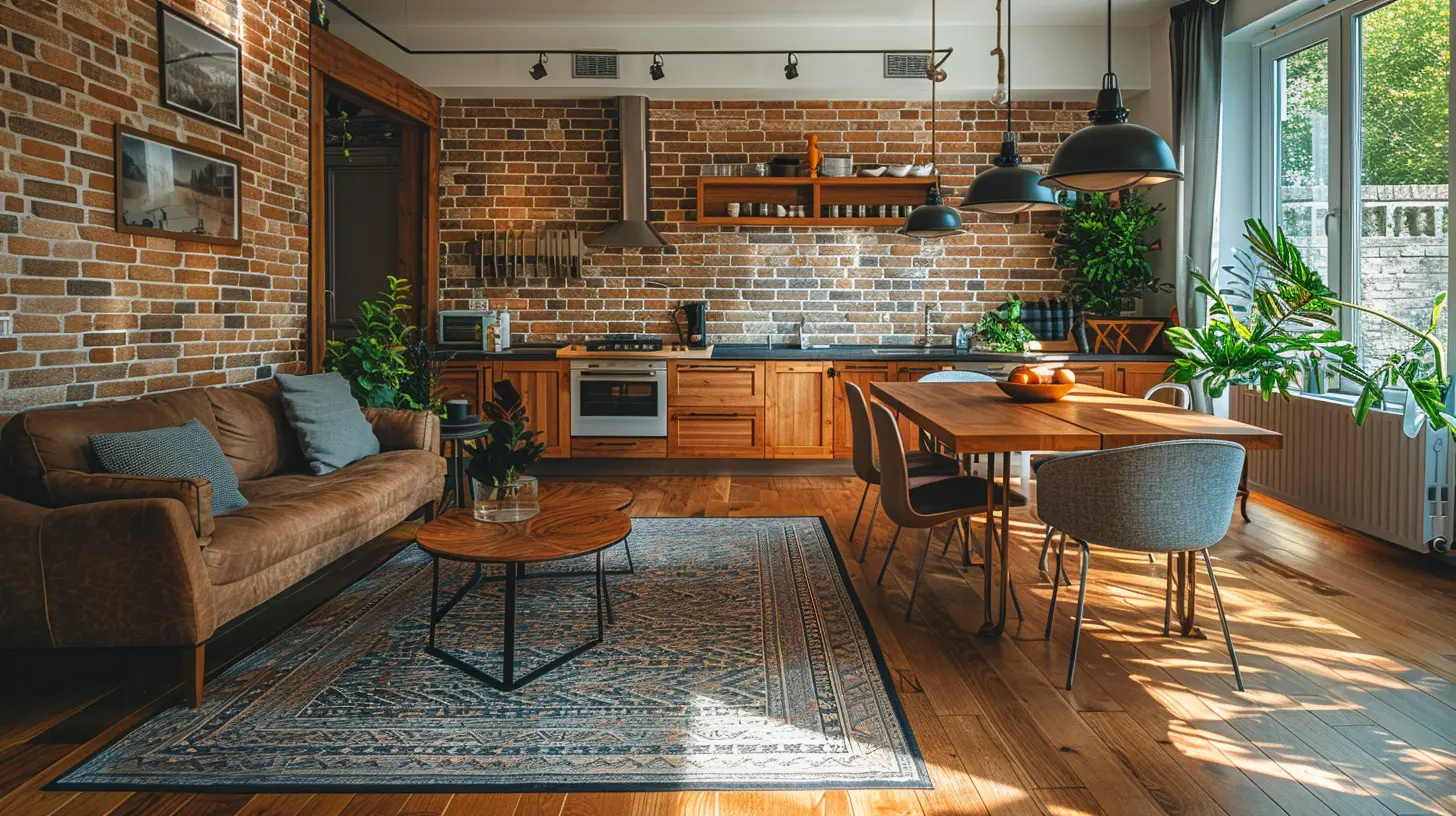
4. Have a Trusted Network of Repair Professionals
When something breaks, do you have go-to professionals you can call? Having a list of reliable contractors (plumbers, electricians, handymen, etc.) speeds up repairs and reduces stress.Tips for Finding Good Contractors:
- Ask for referrals from other landlords.- Check online reviews and ratings.
- Get multiple estimates for big repairs.
- Build relationships with service providers so they prioritize your property.
A network of reliable professionals is an absolute game-changer when it comes to property maintenance!
5. Invest in Durable Materials and Upgrades
If you’re constantly replacing cheap materials, it’s time to rethink your approach.Investing in durable, low-maintenance materials can save you money in the long run. For instance:
- Luxury vinyl flooring instead of carpet (easier to clean and lasts longer).
- Quartz countertops instead of laminate (resistant to stains and scratches).
- LED lighting instead of incandescent bulbs (uses less energy and lasts longer).
Spending a little more upfront on quality materials will reduce maintenance costs and attract better tenants!
6. Respond Quickly to Maintenance Requests
Nothing frustrates tenants more than waiting weeks for a repair that should've been handled immediately. A slow response can lead to bad reviews, complaints, or even lease terminations.A good rule of thumb:
- Urgent repairs? Handle them within 24 hours (e.g., plumbing leaks, heating failures).
- Minor repairs? Aim to resolve them within a few days (e.g., broken light fixtures, leaky faucets).
Pro Tip: Use a Maintenance Request System
Consider using property management software where tenants can submit requests online. This keeps everything organized and helps track repair timelines.7. Educate Tenants on Proper Care
Many maintenance headaches arise simply because tenants don’t know how to take care of the property. Taking time to educate them can prevent wear and tear and unnecessary repairs.Provide a welcome packet with basic information like:
- How to reset a tripped breaker.
- Proper garbage disposal use (to prevent clogs).
- Simple HVAC maintenance tips (like changing air filters).
A little education goes a long way in keeping your property in great shape!
8. Keep the Curb Appeal Fresh
First impressions matter—and that applies to rental properties too. A property that looks well-maintained will attract better tenants and discourage neglect.Simple ways to boost curb appeal:
🌿 Keep landscaping tidy (trim bushes, mow the lawn).
🚪 Repaint doors and touch up exterior paint when needed.
💡 Ensure outdoor lighting is functional (important for safety, too).
A well-kept exterior signals to tenants that you care about the property, encouraging them to do the same!
9. Plan for Big-Ticket Expenses
Even with great maintenance, some things will eventually need replacing—like the roof, water heater, or major appliances. Being financially prepared prevents scrambling when these big expenses arise.How to Plan for Major Repairs:
- Set aside a percentage of rental income for maintenance and repairs (experts suggest 1-2% of the property’s value per year).- Keep track of appliance warranties and expected lifespans.
- Regularly assess the condition of major systems (HVAC, plumbing, electrical).
Having a maintenance reserve fund ensures you're never caught off guard when big repairs come knocking!
10. Keep Detailed Maintenance Records
Good record-keeping helps you track maintenance trends, budget repairs, and even protect yourself legally.What Should You Document?
📂 Completed repairs and maintenance work.🛠️ Service provider details and costs.
🔄 Ongoing maintenance schedules.
A well-organized maintenance log can also increase property value when selling—it reassures buyers that the property has been well cared for!
Final Thoughts
Keeping your rental property in top condition doesn’t have to be overwhelming. A proactive approach—routine inspections, quick repairs, tenant education, and smart upgrades—can prevent most headaches before they even start.Remember, a well-maintained property attracts great tenants, reduces repairs, and preserves your investment. So, roll up your sleeves, put these tips into action, and watch your rental thrive!
all images in this post were generated using AI tools
Category:
Property MaintenanceAuthor:

Vincent Clayton
Discussion
rate this article
1 comments
Merida McQuaid
Great insights! I'm curious—what are some innovative maintenance tips you've discovered? Keeping a rental in top shape seems like an evolving challenge worth exploring further!
October 15, 2025 at 12:18 PM

Vincent Clayton
Thank you! Some innovative maintenance tips include using smart home technology for monitoring issues, scheduling seasonal inspections, and investing in eco-friendly materials to reduce long-term costs. Staying proactive is key!
